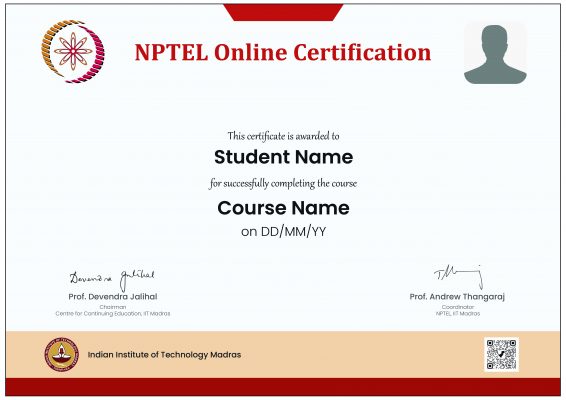Description
Work is an inherent part of human behaviour. Most adults spend at least 30 percent of their life time in their work place and/or in work related activities. Like in any other context, human behaviour in the organizational and work context is a complex phenomenon. Individual behaviour at work is a result of interaction between various individual, group and organizational level factors. Understanding how individuals and groups behave at work place will not only help improve their effectiveness but also nurture the quality of work life of the individuals. This course will help students to be cognizant of these work place dynamics so that they make conscious decisions in their future work life as well as long term career.
INTENDED AUDIENCE
Work professionals, MBA students, BTech students, MSc. Psychology students
PREREQUISITES
Undergraduate degree in any discipline
INDUSTRIES SUPPORT
Almost all organizational would prefer to have their employees undergo this course
ABOUT THE INSTRUCTOR

Dr. M.P. Ganesh is a faculty at the Department of Liberal Arts, IIT Hyderabad. He has completed his PhD from Humanities and Social Sciences Department IIT Bombay and has earlier worked with Department of Management Studies at IIT Madras. He was also associated with reputed academic and business organizations like IIM Ahmedabad and Raymond Ltd. His teaching and research interests include corporate social responsibility, Eco Friendly behaviours at workplace, Food waste behaviours, organizational structure and design, cross-cultural collaborations, virtual teams and helping behavior at work place. He has strong research collaborations with eminent faculty from European universities like University of Goettingen (Germany), University of Applied Sciences, Northwestern Switzerland and University of Santiago de Compestela (Spain). He has also been actively involved in business consulting and management training for organizations. He has published in reputed national and international journals. He has been many awards including: a) Best Professor in Humanities and Social Sciences, awarded at the 22nd Dewang Mehta Business School Award, 15th November, 2014, Mumbai b) Invited speaker under emerging psychologist programme, National Academy of Psychology Conference, 2014, c) Best Professor in Human Resources, awarded in 3rd Asia’s Best B-School Awards held on 19th July 2012 in Singapore hosted by CMO Council Asia and d) Outstanding Reviewer Award (2011), Team Performance Management Journal, Emerald Literati Network.



Reviews
There are no reviews yet.